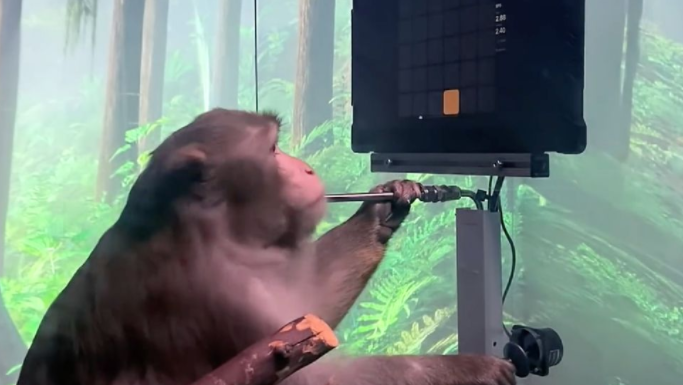Neuralink firm denies animal cruelty claims
Imagine if you could play a game on your computer and control it with your mind. Neuralink, a brain-chip research company, is working on creating a device that would enable this. It could potentially help cure diseases like dementia, Parkinson’s disease, and spinal cord injuries. People with neurological disorders would be able to control technology from their minds. But despite all these potential benefits, is it worth the damage it could have on the animals it is being tested on?
The Neuralink firm, founded by Elon Musk and others, says that it is necessary to test on animals before it can be approved to test on humans. In February, the Physicians Committee for Responsible Medicine filed a complaint against UC Davis with reports of “invasive and deadly brain experiments conducted on 23 monkeys,” also adding, “Most of the animals had portions of their skulls removed to implant electrodes in their brains,” The report also said that several monkeys were killed and others euthanized as a result of seizures and infections from the implant.
The firm denied the claims of animal cruelty, saying they test on animals in the “most humane and ethical way possible.” Neuralink responded with acknowledgment toward the death of two monkeys that died “at planned end dates to gather important histological data.” They also shared that six monkeys were euthanized under the advice of a veterinarian because of a surgical complication involving bio glue, a device failure, and four suspected device association infections.
Although these deaths may seem cruel, the firm can show its efforts to make the living conditions better. In 2020, they created a 6,000 square foot vivarium to comfortably house the farm animals and monkeys that they use in their studies. The space includes various things that supposedly keep the animals’ lifestyles realistic and humane.
BBC writes, “The device the firm is working on consists of a tiny probe made up of thousands of electrodes attached to flexible threads – thinner than a human hair – which can monitor the activity of neurons.” They have implanted the chip successfully in a pig named Gertrude and a monkey named Pager. The firm plans to begin trials on humans later this year. Should the device prove to work with human brains as well, it would allow people with neurological conditions to control phones and computers with their mind. Elon Musk hopes the device will eventually lead to “superhuman cognition.”





